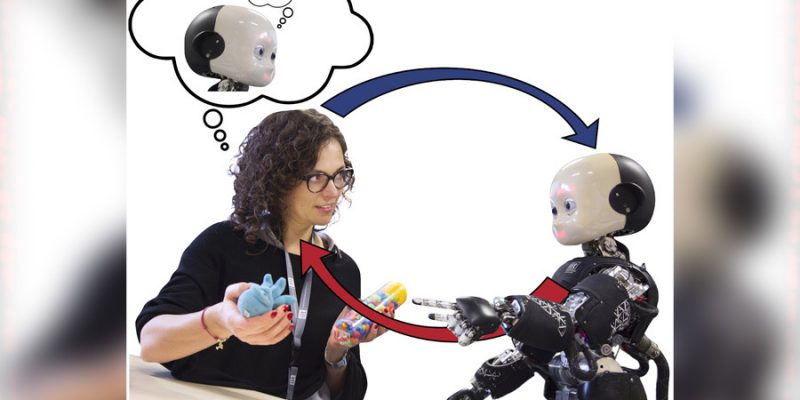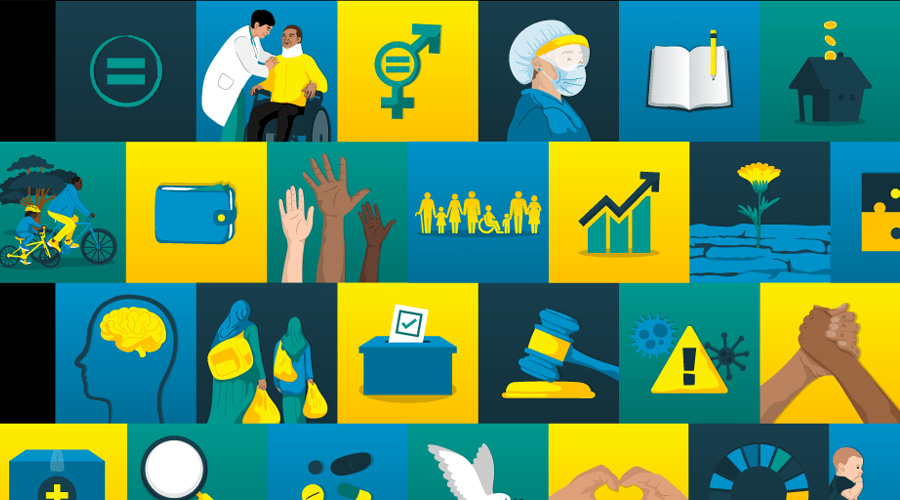
Social Psychology and Human-Robot Interaction is an uneasy marriage to be handled
The area of Human-Robot Interaction (HRI) lies at the intersection of numerous disciplines and is rightfully perceived as a top interface among engineering and the social sciences. In particular, our area maintains close ties with social and cognitive psychology, and there is numerous HRI research that constructs upon normally accepted consequences from psychology to discover the novel relation between people and machines. Key to this endeavor is the trust we, as a field, put in the methodologies and outcomes of psychology, and it’s far exactly this trust that is now being wondered about throughout psychology and, by extension, must be wondered about in HRI. The place to begin this paper is some of the failed attempts by the authors to replicate old and set up outcomes on social facilitation, which leads us to talk about our debatable over-reliance and over-recognition of methods and outcomes from psychology. We highlight the recent “replication crisis” in psychology, which at once impacts the HRI community, and argue that our area must now no longer shy away from growing its reference tasks. The area of Human-Robot Interaction (HRI), and in particular, the sphere of social HRI advantages from a huge variety of medical input.
As a community, we understand that the technical fields of engineering, manipulation theory, and computer science no longer offer necessary tools for the medical research of the ‘human’ and ’interaction’ parts of HRI. For this reason, we take a concept and ground much of our studies in established outcomes from the social sciences – usually social psychology, cognitive psychology, and sociology.
As students in HRI, we discover ourselves at the intersection of those many fields and intend to provide insights to programmers and engineers, in addition to psychologists. In this sense, our area embodies the fundamental concept of cognitive sciences: building bridges throughout disciplines to benefit new insights on complex scientific challenges. That said, the demographics of the teachers operating in HRI are skewed towards engineering backgrounds. While a number of us do have an education in psychology, many do not. This isn’t always a problem per se: as educated scientists and engineers, we will examine and interpret the social technology literature, and reproduce tasks, protocols, and –perhaps– outcomes. Further studies have proven that much clinical research is hard or not possible to copy upon subsequent investigation. According to a 2016 poll of just about 1,600 scientists reported in the magazine Nature, over 70% did not reproduce at least one other scientist’s experiment.
More than half had failed to reproduce, certainly considered one among their very own experiments. This is complex for the sector of Human-Robot Interaction, as much of what we do both make use of studies strategies much like the ones utilized in different disciplines (and psychology in particular), or is predicated immediately on insights and outcomes exceeded down from different disciplines. Because we have a lot of clients of the psychology literature rather than manufacturers or energetic contributors to the psychology community, we frequently do not only have inadequate training to efficiently interpret mental research but additionally have a tendency to be much less crucial and often do not query findings the way we might in our very own community. This impact is strengthened by the perceived maturity of various educational fields. Fields which include social or cognitive psychology are very mature, in comparison to the relative immaturity of Human-Robot Interaction, and research and insights from psychology at the moment are core material in textbooks, giving the research and their outcomes further credence.
While accomplished researchers in HRI would already be conscious of those issues, the influx of current expertise calls for our area to be vigilant of uncritical reliance on doubtful strategies and outcomes. The course in which the impact works isn’t always specified: relying on the mission and the context, overall performance may be positively or negatively impacted. A massive body of literature from psychology reviews this impact, and social facilitation has been studied in robotics as nicely in diverse forms.



















